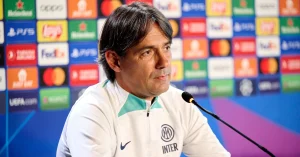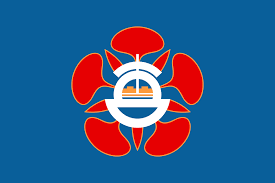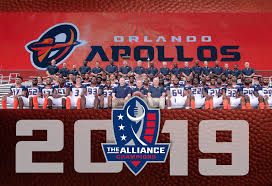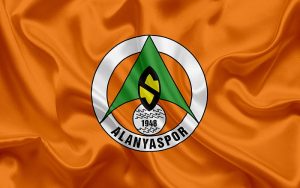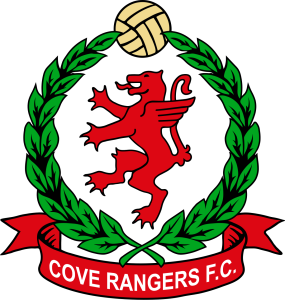The organization of the European Games is a complex process involving numerous stakeholders, ranging from national Olympic committees to local organizing committees. The structure ensures that every detail, from logistics to athlete welfare, is meticulously planned and executed.
Governing Body and Regulations
The European Olympic Committees (EOC) act as the primary governing body for the European Games. Their role encompasses overseeing the organization, promotion, and regulation of the games.
This governing body establishes various regulations that ensure fair play and adherence to international sports standards. Each participating nation is required to adhere to these regulations, which include eligibility criteria for athletes, anti-doping measures, and guidelines for event management.
Furthermore, the EOC collaborates closely with host nations to tailor the games according to specific regional needs and preferences, ensuring that the essence of the European Games remains intact while respecting local customs Fun88 link.
Sport Selection and Format
One of the fascinating features of the European Games is the selection of sports. While traditional Olympic sports form the core of the event, there is also a scope for including lesser-known or region-specific sports. This inclusion not only caters to diverse interests but also serves to promote the development of sports that may not receive adequate visibility on larger platforms.
The format of the competitions varies depending on the sport, with some events being straight knockout formats, while others use round-robin systems to determine winners. This flexibility allows for more dynamic competitions that keep audiences engaged and excited throughout the duration of the games.
Additionally, the introduction of youth events and mixed-gender competitions highlights the contemporary ethos of promoting inclusivity and bolstering participation across demographics.
Logistics and Infrastructure
Organizing a multi-sport event of such magnitude requires robust logistical planning and infrastructure. From accommodation for thousands of athletes and officials to transportation networks capable of efficiently moving individuals between venues, the challenges are immense yet rewarding.
The host cities invest significantly in infrastructure improvements, including new sports facilities, transport systems, and hospitality services. These developments often leave a lasting legacy, benefiting local communities long after the games conclude.
Sustainability is also increasingly becoming a focal point in logistics planning. With the growing concern surrounding climate change, the European Games aim to implement green practices in waste management, energy usage, and resource allocation.
Volunteer Programs and Community Engagement
Volunteers play a vital role in the success of the European Games. They assist in numerous areas, including event management, athlete services, and visitor information. Engaging local volunteers not only enriches the experience for attendees but also provides valuable opportunities for personal growth and skill development within the community.
Community engagement initiatives run parallel with volunteer programs, encouraging local populations to actively participate in the build-up to the event. Schools, businesses, and civic groups are often involved in activities that promote the games and foster a sense of ownership and pride within the host city.
